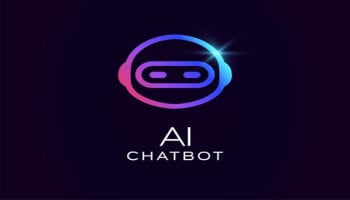
In a move to improve its position against Google Chrome, OpenAI released its new AI-driven browser, Atlas, on Tuesday.
“This is an AI-powered web browser built around ChatGPT," OpenAI CEO Sam Altman stated during a live-streamed presentation.
As OpenAI seeks to integrate ChatGPT's features into regular web use, the move directly challenges Google Chrome, a market-dominant browser.
Atlas will soon be available on Windows, iOS, and Android in addition to Apple's macOS.
Users can summarise content, compare products, and analyse data without ever leaving the page with the browser's ChatGPT sidebar, which can be found in any tab.
Through a dedicated agent mode, ChatGPT can engage with websites on the user's behalf, managing tasks from beginning to end, such as travel planning, form completion, and trip research.
Like Opera's Neon and Perplexity's Comet, OpenAI's new AI browser also complements a rapidly expanding range of AI browsers that also provide page summarisation, form-filling, and code drafting.
Following the announcement of OpenAI's Atlas browser, Alphabet, Google's parent company, saw a 2.6% decline in afternoon trading the same day.
With the new AI-assisted browser, OpenAI hopes to transform it into a smart assistant that can remember context, make AI-generated recommendations, and perform actions across websites while maintaining a recognisable Chrome-like interface.
This marks OpenAI's largest entry into mainstream software to date, with the goal of revolutionising web browsing and user interaction.
















